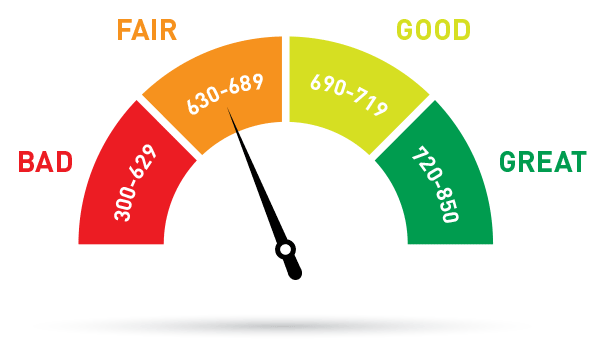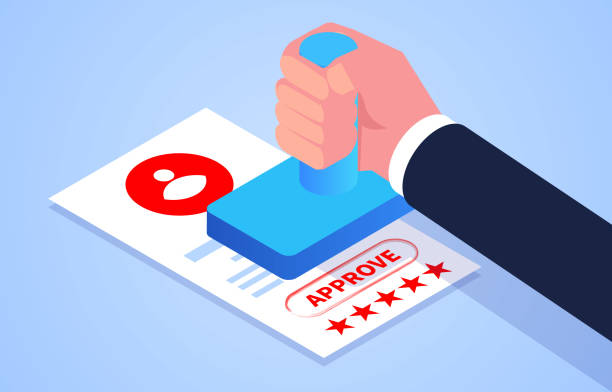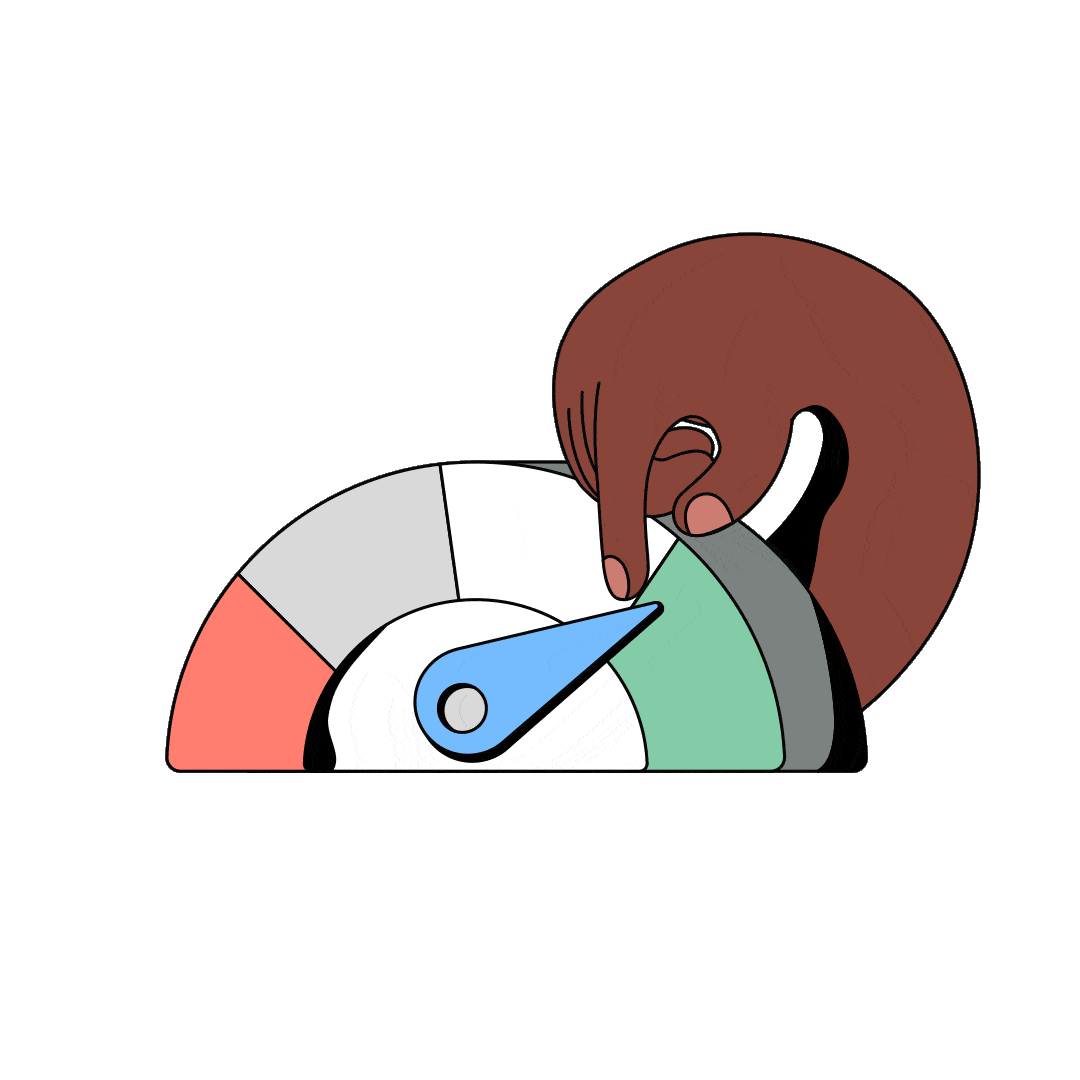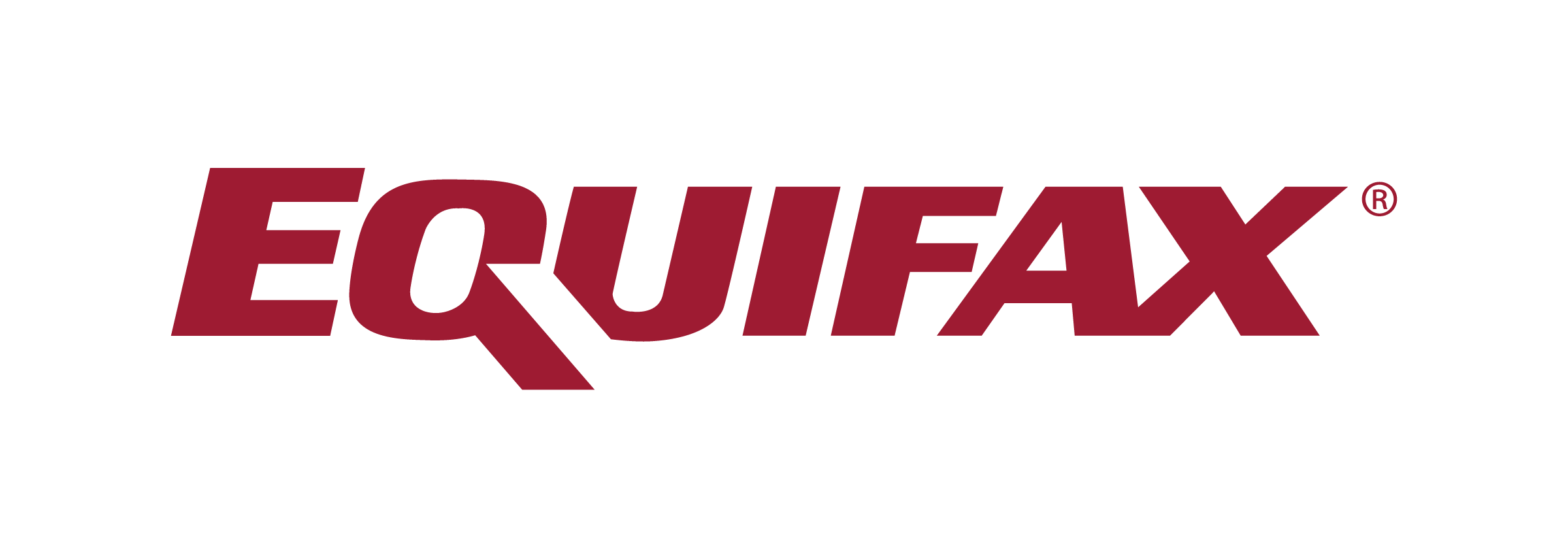It's important to understand what credit is and how it works because it will influence your financial future for the remainder of your life
The Basics: What is Credit
Credit, as denoted by a credit score, is a point value assigned to all consumers as a prediction of the consumer’s credit behavior. What does that mean? Basically, credit scores indicate how likely a consumer is to pay a loan back on time. As you probably guessed, a higher score means a consumer is more reliable while a lower score means a consumer is less reliable, in the eyes of lenders and creditors.

Credit Bureaus Explained
So, who keeps track of these “credit scores”? Credit Bureaus. In the US, there are three main credit bureaus: Experian, TransUnion, and Equifax. These bureaus consolidate your credit-based transactional information to determine your credit score. Lenders and businesses use the scores issued by the three credit bureaus to determine your eligibility for their loans or credit accounts. Lenders may also use your credit score to set the interest rates and other terms for any credit they offer. While your score amongst the three bureaus may differ, they are generally aligned and hold equal weight throughout the US.


Benefits of a Strong Credit Score
Credit scores typically range from 300 to 850. Within that range, scores can usually be placed into one of five categories: poor, fair, good, very good and excellent. Although the score itself might be confusing, credit directly affects several facets of a consumer’s life. Here’s a short list of things that depend on your credit score:
- Jobs - many employers run credit checks on candidates prior to offering them a job
- Auto Loans - people with bad credit scores are often excluded from receiving a loan for a car. On the other hand, the better your score, the better the interest rate you might get from a lender
- Apartment/Home Rentals - the most important thing a leasing office will look at is your credit history. A poor score is a reflection of your credit history, and a poor credit history will likely prevent you from renting an apartment or house
- Other loans - Similar to auto loans, personal loans (loans for things like vacations, big purchases, debt consolidation, etc.) are subject to intense credit scrutiny. A bad score will likely prevent you from getting a personal loan

How to Build Strong Credit
So far, we’ve bombarded you with a lot of intimidating information. We’re sorry to have scared you, but it’s vital that you understand just how important a good credit score is. Now, you might be wondering, “how do I build a strong credit score?” Fear not, we’ve got some fail-safe ways to ensure you start out your credit journey building good habits:
- Always pay your bills on time! - Many companies report your payment history directly to the three main credit bureaus. A singular late payment can really hurt your credit score, and building it back up takes time. Ensure that you are always submitting your payments on time and, if you ever need to change your payment method, be sure you do it with all of your payment plans prior to your due dates.
- Avoid “over-borrowing” - Nearly ⅓ of your credit score is directly related to the amount of outstanding money you have borrowed. Student loans are not necessarily as impactful here, but holding high credit card balances or owing on multiple other loans (personal or auto) can adversely affect your credit score.
- Open an account, and stick with it - “length of credit” is a fancy way of saying how long you’ve had a specific credit card. Even if the limit is low, keeping a credit card open for an extended period of time is a good thing! For example, consumers may open a credit card with a small $500 limit and pay it off monthly. Keeping that card open, even if nothing is owed on it, for an extended period of time, can do wonders for your credit score!
- Avoid “over-applying” - Every time you apply for a loan or credit card, the lending or issuing company is going to check out your credit. These credit checks are called “inquiries” and too many of them can reflect poorly on your credit. The reason for this is because lenders may think it makes the applicant look “credit hungry” and that they are operating on too much borrowed cash.
- Utilization rate - Your credit score is influenced by how much of an available balance you use. For example, if you have access to $1,000 and you use $950 of it, this can be considered a high utilization rate and can negatively impact your credit. On the other hand, maintaining a low utilization rate can help boost your credit score.

Putting it all together: Kora and Credit
You’ve learned a lot of new terms and tips, now let’s put them all together. When you get a loan with Kora, whether it’s KoraCash or KoraDrive, Kora will report your new account to the credit bureaus. Throughout the life of the loan, Kora will report all payments, whether they are late or on-time. Finally, once you payoff your loan, Kora will report if your loan was paid off successfully. If, however, you fail to make payments, Kora will charge-off your account and report it as such to the bureaus. A charge-off can have a devastating effect on your credit - it’s best to avoid a charge-off at all costs.
Timelines
- New accounts: Kora will report all new accounts within 2 weeks of an account opening
- Late payments: Once an account is 30 days late, Kora will report the account as “derogatory” to the bureaus
- Successful payoff: Kora will report all successfully paid off accounts as closed within 2 weeks of an account being paid off
- Charge-off: Similar to payoffs, Kora reports all charge-off accounts within 2 weeks of the account being closed
- Note: Charge-off accounts are still required to pay back the amount due
Once Kora reports information to the credit bureaus, it can take anywhere from 30 to 45 days for your credit report to be updated. This timeline is outside of Kora’s control and dependent on the credit bureaus.
See an issue on your credit report?
Mistakes may appear on your credit report from time to time. If you notice something with your credit and it's outside of the timelines described above, you can dispute the issue. Simply follow this link to complete the credit dispute form. Note: reporting to one agency will automatically update to all three.
Still have questions?
Open a ticket with our Customer Support Team by completing THIS short form

